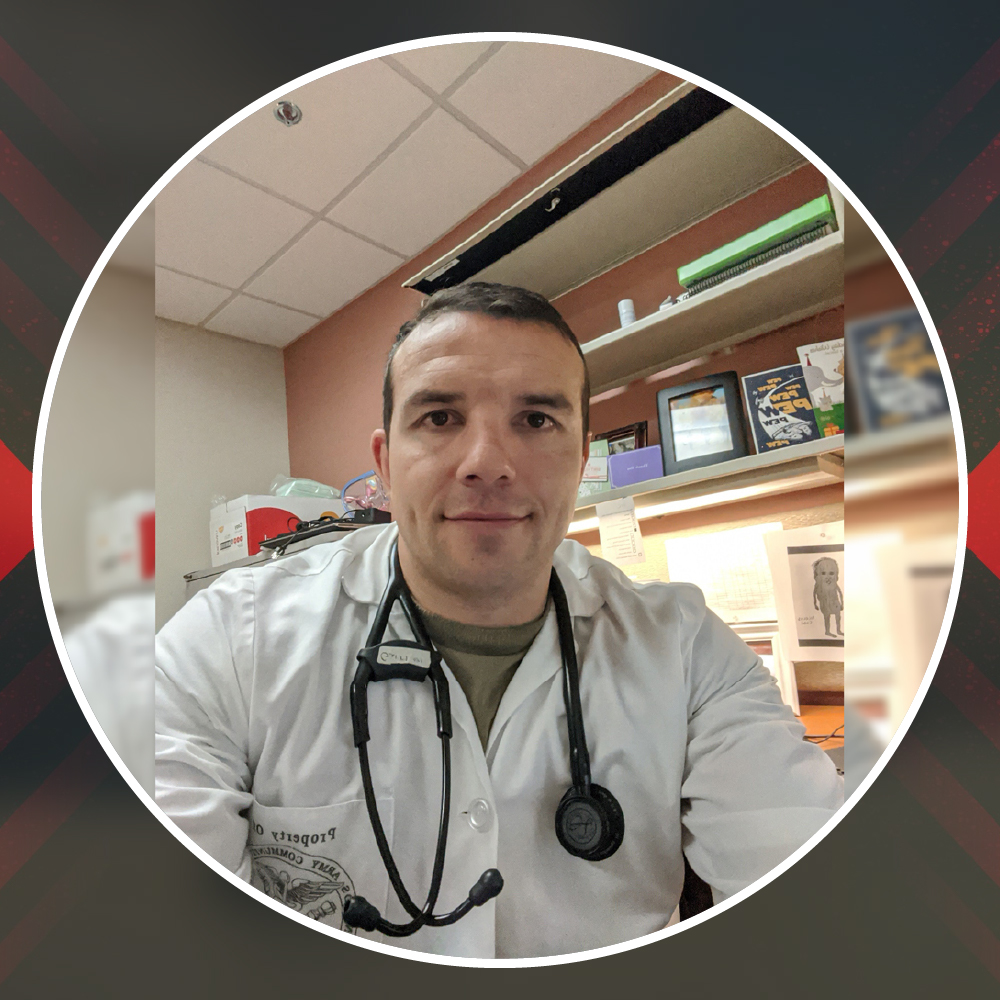
In the modern healthcare landscape, patient empowerment stands out as a critical goal, significantly transforming the relationship between healthcare providers and recipients. Empowerment through education not only facilitates a deeper understanding of health conditions but also enhances individuals’ capacity to make informed decisions regarding their care. This approach shifts the traditional dynamics from a predominantly provider-driven model to a more patient-inclusive framework. Here, we explore the multifaceted role of education in patient empowerment and its broader implications on health outcomes and healthcare systems.
The Foundation of Patient Empowerment
Patient education is an essential strategy in healthcare that involves enlightening individuals about their health conditions, treatment options, and lifestyle modifications. This initiative aims to equip patients with the knowledge and skills needed to influence their health positively. Education empowers patients to participate actively in their treatment plans, fostering a collaborative environment where informed patients and healthcare providers work together towards optimal health outcomes.
The Role of Education in Empowering Patients About Their Health
Improving Health Literacy
Health literacy is the capacity to obtain, process, and understand basic health information and services needed to make appropriate health decisions. Educating patients boosts their literacy, enabling them to navigate the healthcare system, understand medical terminology, and interpret health information correctly. This is particularly crucial in managing chronic diseases, where understanding the nuances of the condition can significantly influence self-care and compliance with medical advice.
Enhancing Self-Management of Chronic Conditions
Patients with chronic conditions such as diabetes, hypertension, and asthma benefit significantly from educational programs that teach them how to manage their illness. Education provides them with tools to monitor their symptoms, adjust their lifestyle, and recognize signs that require professional intervention. For instance, diabetic patients who understand how to manage their insulin and dietary intake can maintain more stable glucose levels, reducing complications and enhancing their quality of life.
Encouraging Proactive Health Behaviors
Education fosters a preventive approach to health by encouraging patients to engage in behaviors that reduce the risk of disease. This includes dietary guidance, the importance of physical activity, and the utilization of preventative health services such as screenings and vaccines. Educated patients are more likely to participate in these activities. Which can lead to a decrease in the incidence and severity of various health issues.
Strengthening Patient-Provider Interactions
Well-informed patients can communicate more effectively with their healthcare providers. Education helps bridge the communication gap. Allowing patients to ask pertinent questions, express concerns accurately, and provide helpful feedback about their treatment progress. This enhanced communication aids providers in tailoring treatments to the specific needs of the patient. Thus improving the overall care experience.
Reducing Healthcare Costs
Educated patients tend to use healthcare resources more efficiently. By understanding when and how to seek care appropriately, they can avoid unnecessary emergency room visits and hospitalizations, significantly reducing healthcare costs. Moreover, by managing their conditions effectively, patients can prevent the progression of diseases and the need for more intensive treatments.
Navigating Healthcare Policies and Rights
Understanding one’s rights within the healthcare system is crucial for accessing necessary services. Education about patient rights, insurance policies, and healthcare regulations empowers individuals to advocate for themselves in complex healthcare environments. This knowledge is invaluable, particularly for populations that may face barriers to access or discrimination within the healthcare system.
Building a Health-Empowered Future
The role of education in patient empowerment is undeniable and multifaceted. By enhancing understanding, encouraging self-management, and facilitating better interactions with healthcare providers, education serves as a cornerstone of modern healthcare. Moving forward, healthcare institutions need to continue investing in comprehensive educational programs that are accessible to all patients. Irrespective of their socioeconomic status or educational background.
In doing so, we improve individual health outcomes and contribute to a more informed, healthy, and economically sustainable society. Empowering patients through education is not just an option. It is a necessity in the pursuit of a future where all individuals have the knowledge and power to influence their health positively